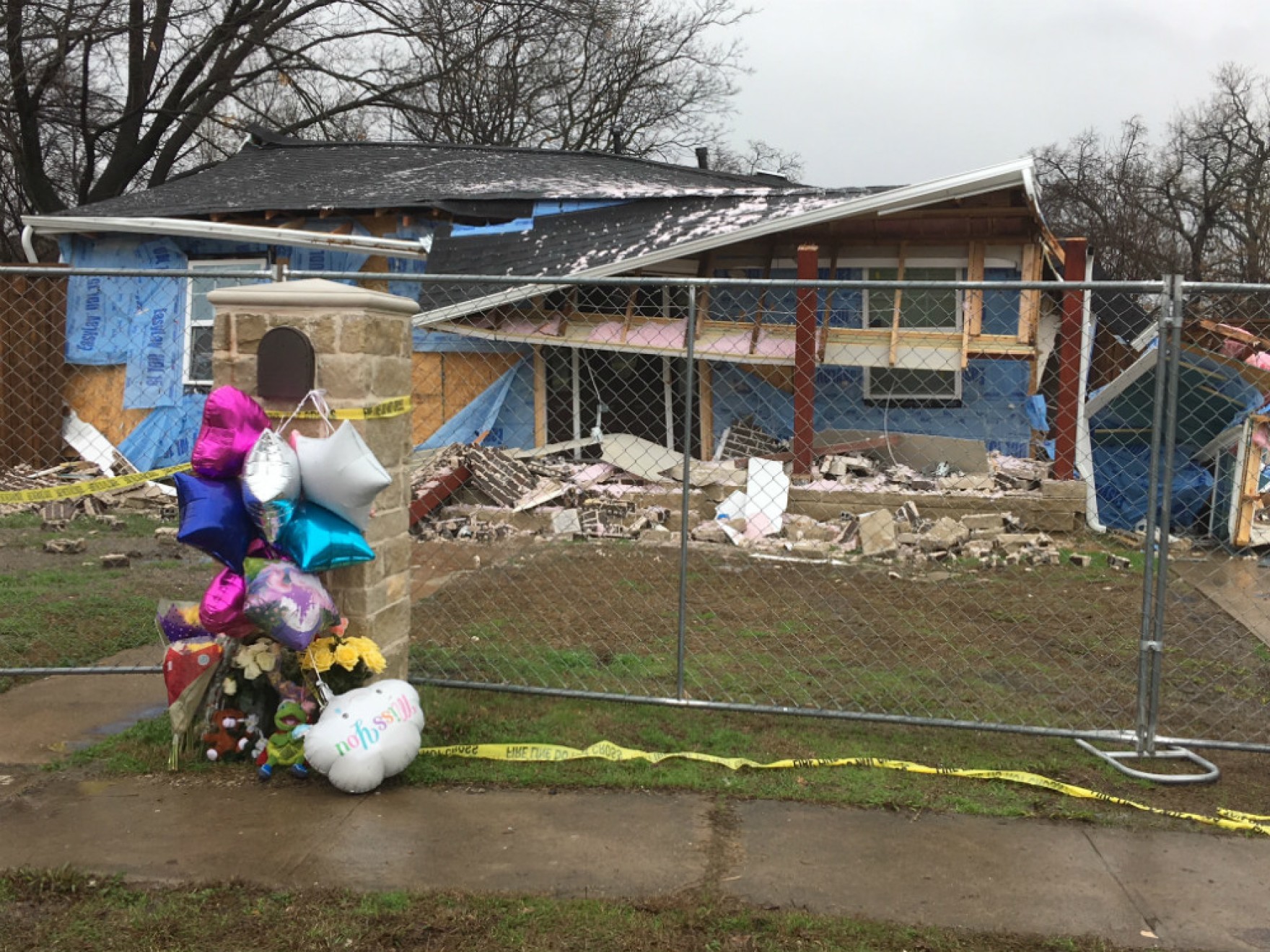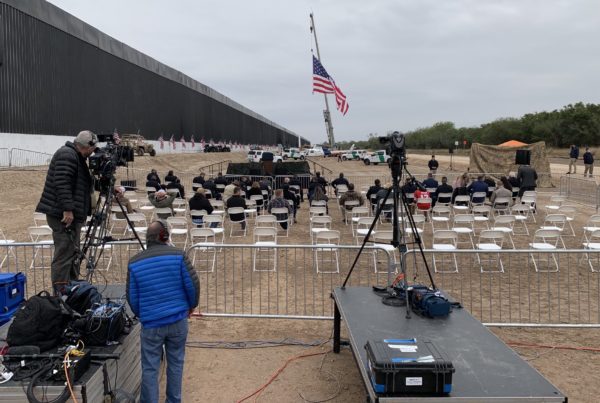The National Transportation Safety Board met on Tuesday to determine the cause of a 2018 natural gas explosion that killed a 12-year-old girl in northwest Dallas.
The federal agency declared the probable cause of the 2018 fatal explosion was a natural gas leak from a pipe that was damaged during a replacement done over 20 years ago.
Jennifer Homendy, a national transportation safety board member, said procedures and decisions by Atmos Energy — the neighborhoods’ natural gas provider — contributed to the explosions.
“Contributing to the explosion was Atmos Energy Corporation’s insufficient wet weather leak investigations procedures. Contributing to the severity of the explosion was Atmos Energy Corporation’s inaction to isolate the affected main and evacuate the houses,” Homendy said. “Contributing to the degradation of the pipelines system was Atmos Energy Corporation’s inadequate integrity management program.”
This same leak caused two other fires on the same street — Espanola Drive — days prior to the fatal explosion. The gas-related problems forced 300 families in the area to evacuate.
















